Anonymous hackers “could decapitate internet”
The hacker group Anonymous has stated that its members will stop the internet in the "Operation Blackout" on March 31.
Wednesday, 28.03.2012.
14:37

The hacker group Anonymous has stated that its members will stop the internet in the "Operation Blackout" on March 31. The group, which has brought down numerous web sites since 2008, claims they could disable the Domain Name Service (known by engineers as the DNS) and that this would stop the internet. Anonymous hackers “could decapitate internet” British expert Professor Alan Woodward told BBC that the DNS was what converted the web addresses typed into browsers into what the internet actually used: IP addresses. “It is essentially the phone book for the internet. If you could prevent access to the phone book then you would effectively render the web useless,” he explained. A suggestion was made that the hackers could mount what is known as a distributed denial of service (DDOS) attack on the top level of the DNS. Experts say that a DDOS attack is one where you simply flood a web server with so many requests that it can no longer respond to legitimate requests. One way the hackers might generate enough traffic is by hijacking others' computers to send the requests. They could use a virus to turn the machines into "bots" to do their bidding. The innocent owners need never be aware, BBC has reported. This technique was used to prevent access to Interpol's website on 28 February 2012. Interpol is just one of many organizations to have fallen victim to the maneuver over the years. “However, the big question is whether it is possible to use a similar process to generate enough traffic to stop the whole internet,” Woodward stressed. The Anonymous’ operations are directed against censorship on the internet and everything that represents large-scale capital. Tanjug
Anonymous hackers “could decapitate internet”
British expert Professor Alan Woodward told BBC that the DNS was what converted the web addresses typed into browsers into what the internet actually used: IP addresses.“It is essentially the phone book for the internet. If you could prevent access to the phone book then you would effectively render the web useless,” he explained.
A suggestion was made that the hackers could mount what is known as a distributed denial of service (DDOS) attack on the top level of the DNS.
Experts say that a DDOS attack is one where you simply flood a web server with so many requests that it can no longer respond to legitimate requests.
One way the hackers might generate enough traffic is by hijacking others' computers to send the requests. They could use a virus to turn the machines into "bots" to do their bidding. The innocent owners need never be aware, BBC has reported.
This technique was used to prevent access to Interpol's website on 28 February 2012. Interpol is just one of many organizations to have fallen victim to the maneuver over the years.
“However, the big question is whether it is possible to use a similar process to generate enough traffic to stop the whole internet,” Woodward stressed.
The Anonymous’ operations are directed against censorship on the internet and everything that represents large-scale capital.






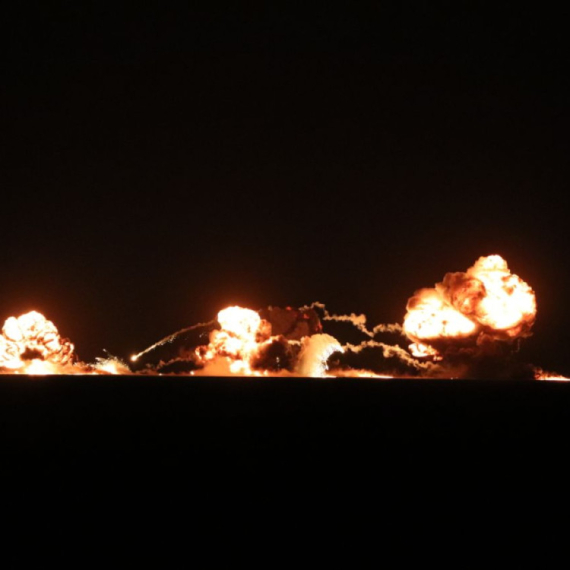




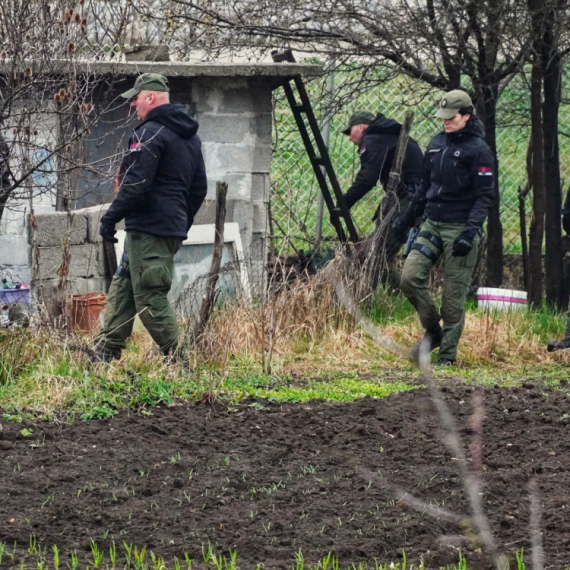




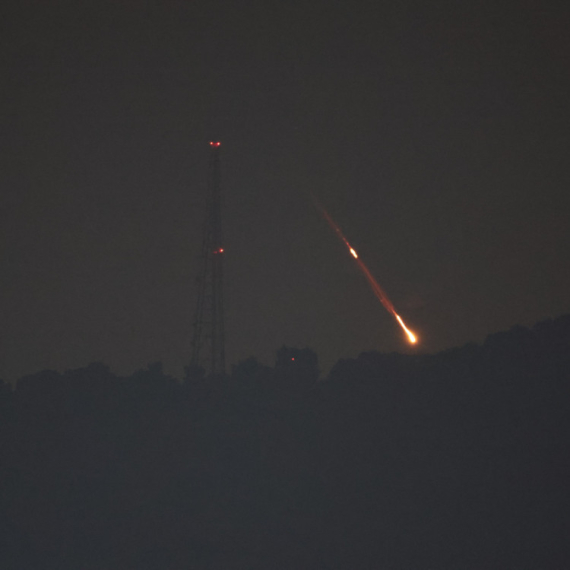

























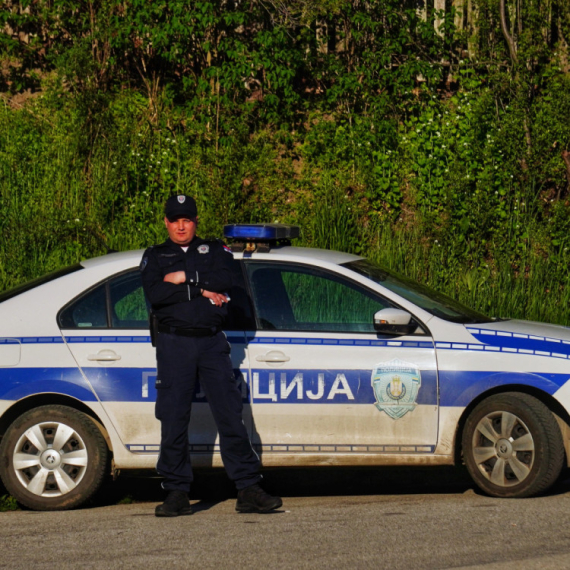










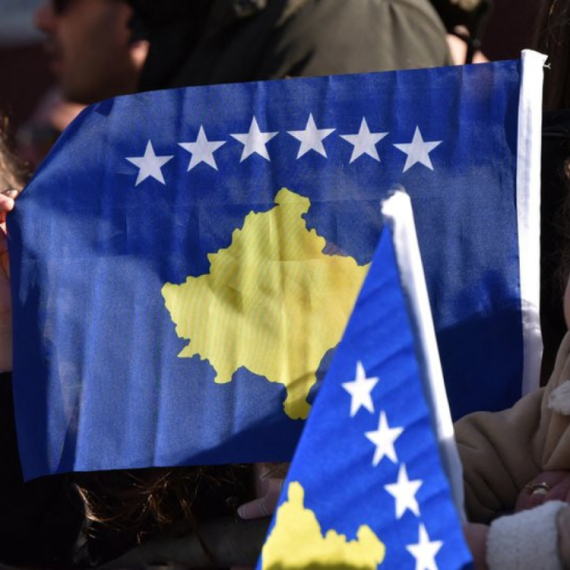





Komentari 0